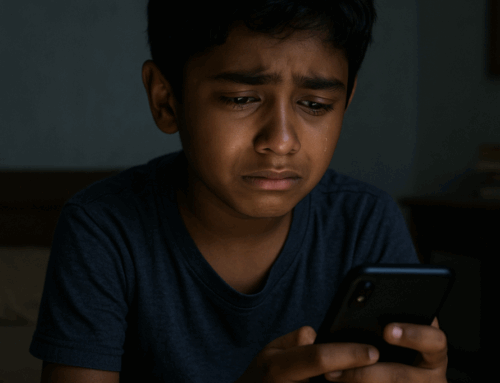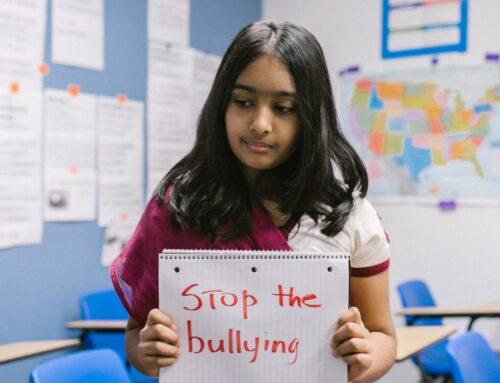The release last month of the Facebook papers has led to widespread condemnation of the social media giant. The French newspaper Liberation carried the above photo montage from the mall in Washington DC with the headline “Facebook en panne, Zuckerberg en peine”. Which broadly speaking means that Facebook’s future is not looking good.
“The Facebook Papers” has become the shorthand way of referring to tens of thousands of internal documents that were shared with The Wall Street Journal by a former product manager at Facebook, Frances Haugen. They were a central part of Haugen’s testimony about Facebook at the U.S. Senate subcommittee on Consumer Protection, Product Safety and Data Security on October 5, 2021. The revelations they contain add to the growing evidence, covered in previous editions of this newsletter, that children’s and teen online use can have deleterious effects on their physical and psychological well-being.
The congressional inquiry focused on Instagram’s algorithms and in particular the content that was showing up in the feed of teenage girls. Algorithms get a lot of negative press but are simply lines of code built to predict which posts will be, as Facebook puts it “most valuable and meaningful to an individual over the long term”. The real problem is how social media companies use them to keep us engaged in their platforms. If you don’t live in Menlo Park or work in the tech sector, here is an explainer published by HootSuite.
Of particular concern was an internal report from Instagram on the impact of that platform on teenage mental health. A line in the company’s report, featured in the photo above, reads: “We make body image issues worse for one in three teen girls.” Another finding was: “Comparisons on Instagram can change how young women view and describe themselves.” And an additional revelation: “Teens blame Instagram for increases in the rate of anxiety and depression. This reaction was unprompted and consistent across all groups.” Another finding was: “Among teens who reported suicidal thoughts, 13 percent of British users and 6 percent of American users traced the desire to kill themselves to Instagram.”
We launched our early years campaign at Power of Zero to protect children from the risks engendered by childhood moving increasingly online. It is a complex picture in which the Internet supports the connectivity and creativity and learning of many, and we want to enable that, but for a significant minority of young people excessive online engagement can cause harm. And it is this inherent dialectic that set the battle lines for the hearing in Congress: can a social media company’s drive for audience share and commercial profit come before the wellbeing of children and teens?







Leave A Comment